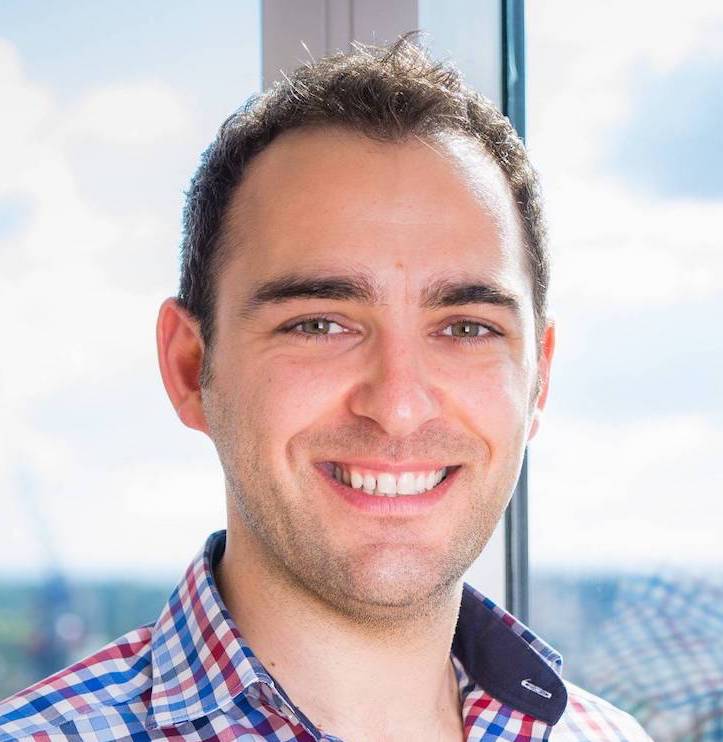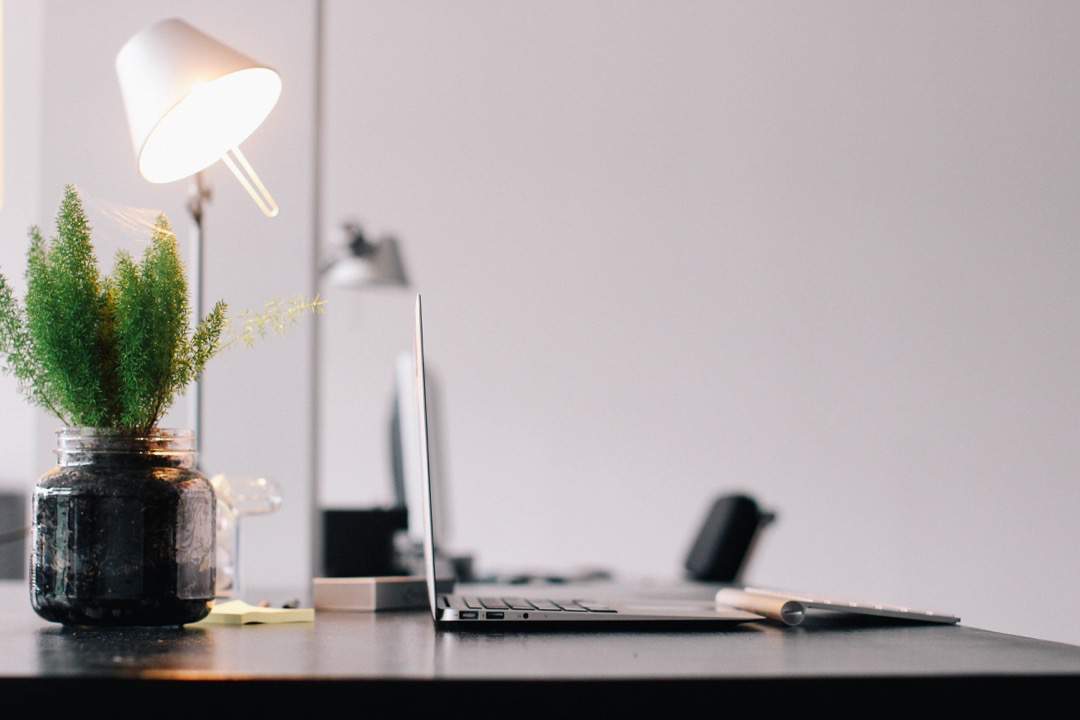For many people, being able to work from home is a godsend.
There’s no need to wake up extra early to get ready, your commuting costs decrease, and almost anything you could possibly need is within reach (if it’s not, that’s what Amazon Prime Now is for!). You might feel yourself leaning back, kicking your feet up and relaxing just thinking about it. But not so fast! Are you set up for success?
Your environment can affect how much – or how little – you accomplish. Despite the drawbacks of having to go to an office and clocking in from 9 to 5, something happens in your head because of it. You know that from the moment you get there, you’re there to work. Your mindset focuses on getting as much work done as you can before you need to leave, so you have less to carry over tomorrow. Working from home sounds ideal, but you risk feeling too at home when you’re supposed to be working.
To be productive and make the most of your day working from home, you need to create the right environment. Here are some tips to make working from home work for you:
1. Know what stimulates you best and work with it.
Do you need peace and quiet, or do you prefer some music? Will seeing your to-do list or calendar up on your wall help? Make a list of things that you know would help you get into work mode and keep you focused, then do what you can to include what you can into your setup. Be aware of what’s really important, however. Sure, maybe one more motivational poster in a glass frame would look great, but if it clutters more than helps, don’t force it.
2. Get the lighting right.
If you can, pick a spot or a room that has lots of natural light. It’ll keep you awake and help you maintain a sense of time. If this isn’t possible, then do what you can to optimise your light fixtures and lamps. A well-lit home office is much more conducive to work than a dim one. Dimness could trigger your mind to start winding down – something that’s much more tempting when you know your bed is close by.
3. Avoid parking.
My girlfriend calls me out for “parking”. This can mean one of two things: First, it’s when I start or carry out an activity in the wrong place. For example, when I’m on my way to make myself some coffee, and I stop in the middle of the kitchen to respond to an email or a message, and then another, and then another. Or it might refer to “parking” things into a temporary place instead of putting them back into their proper places. These things pile up, and before you know it, you’ve been “parking” documents, books, notebooks and pens for weeks and it just becomes less appealing to restore the order.
Whichever definition you’re looking at, “parking” disrupts your environment and so your productivity. If it’s time for a break, take a break and leave the work at your desk. If you won’t need that document again for the rest of the day or even week, put it back where it should be. Don’t be your own disruptor of your environment.
4. Keep the distractions at bay.
Although many things will be within reach when you’re at home, do what you can to not mix business with pleasure. If you have a TV or a game console, don’t put it in the same room as where you work. Keep the leisure reading elsewhere. If you use your laptop or tablet for work and games, try to use it only for work while you’re in your home office, and go to the living room to play. In the same way that bringing work into the bedroom is discouraged, respect your work environment enough to keep whatever distracts you away from it.
However much – or little – you have to do to improve your workspace, what matters is that you keep it that way. There’s no point in a cleanout or room makeover if, within a few weeks’ time, it’s back to how it was before. An environment conducive to creativity and success is not just a matter of creating, it’s a matter of maintaining – until you can again take it to the next level at least.


